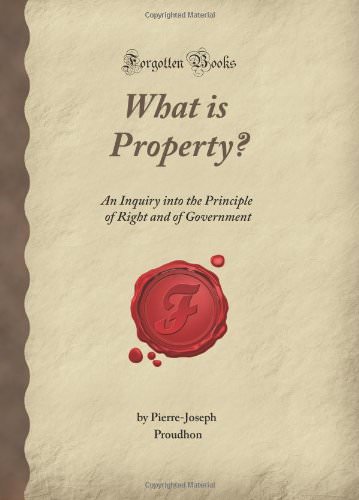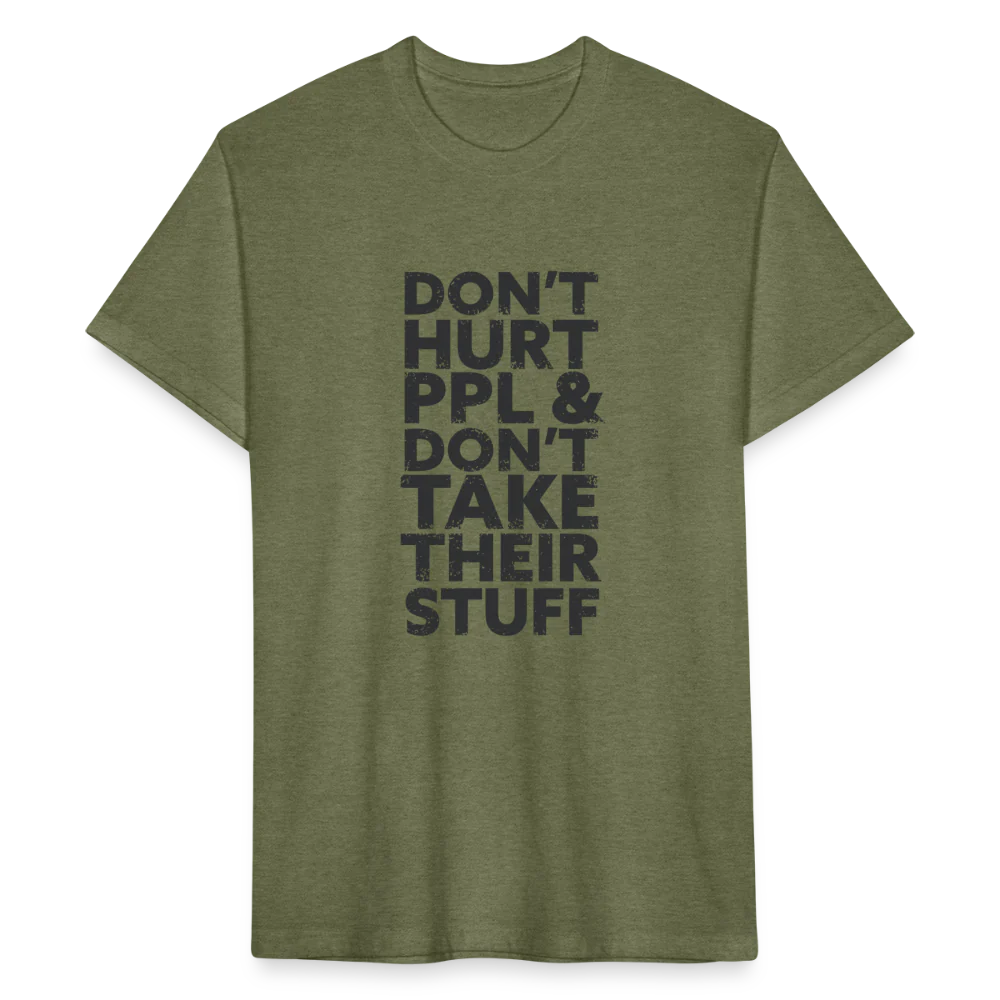
What Is Property?
What is Property? Or, an Inquiry into the Principle of Right and of Government (French Qu’est-ce que la propriete? ou Recherche sur le principe du Droit et du Gouvernment) is an influential work of nonfiction on the concept of property and its relation to anarchist philosophy by the French anarchist and mutualist Pierre-Joseph Proudhon, first published in 1840.
In the book, Proudhon most famously declared that “property is theft”. Proudhon believed that the common conception of property conflated two distinct components which, once identified, demonstrated the difference between property used to further tyranny and property used to protect liberty. He argued that the result of an individual’s labor which is currently occupied or used is a legitimate form of property. Thus, he opposed unused land being regarded as property, believing that land can only be rightfully possessed by use or occupation (which he called “possession”). As an extension of his belief that legitimate property (possession) was the result of labor and occupation, he argued against such institutions as interest on loans and rent.
Some contemporary anarchists use the terms personal property (or possessive property) and private property to signify the distinctions Proudhon put forth in regard to ownership of the produce of labor and ownership of land. In this sense, private property would refer to claimed ownership of unused land or goods, and personal property would refer to produce of labor currently in use. This differentiation is an important component in anarchist critique of capitalism.

